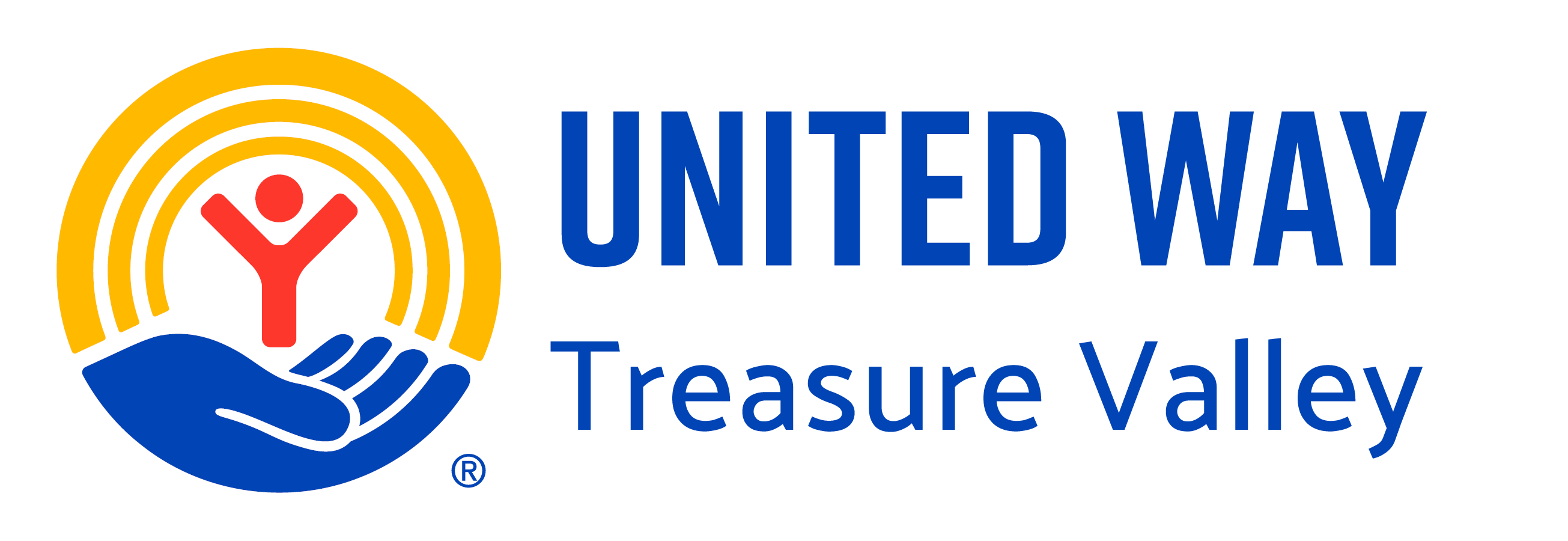
About the Grant process
United Way of Treasure Valley has accepted Letters of Intent from nonprofit organizations who wish to participate in the United Way of Treasure Valley 2025-26 grant cycle. Letters of Intent were be accepted between January 14, 2025, and NOON on January 28, 2025. Program Grants may be awarded to organizations with programs that align with the goals of United Way of Treasure Valley in the areas of education, health, and financial stability.
In addition, grant seekers will be required to submit your most recent IRS Form 990 and independent financial audit or financial review depending on your organization’s annual revenues. Must have been completed in the last 18 months. For organizations with annual revenues above $500,000, an independent financial audit is required. If annual revenues are $500,000 or below, an independent financial review will be accepted.
Click here for a list of our 2025-26 funding goals.
Click here for additional important funding guidelines.
Letters of Intent are reviewed by United Way of Treasure Valley who determine which programs align with our program goals and will be invited to submit a full application for a Program Grant. All programs submitting a letter of intent will be notified via email by February 3, 2025.
Please submit questions to Joyce Bailey at jbailey@unitedwaytv.org or 208-807-2943
